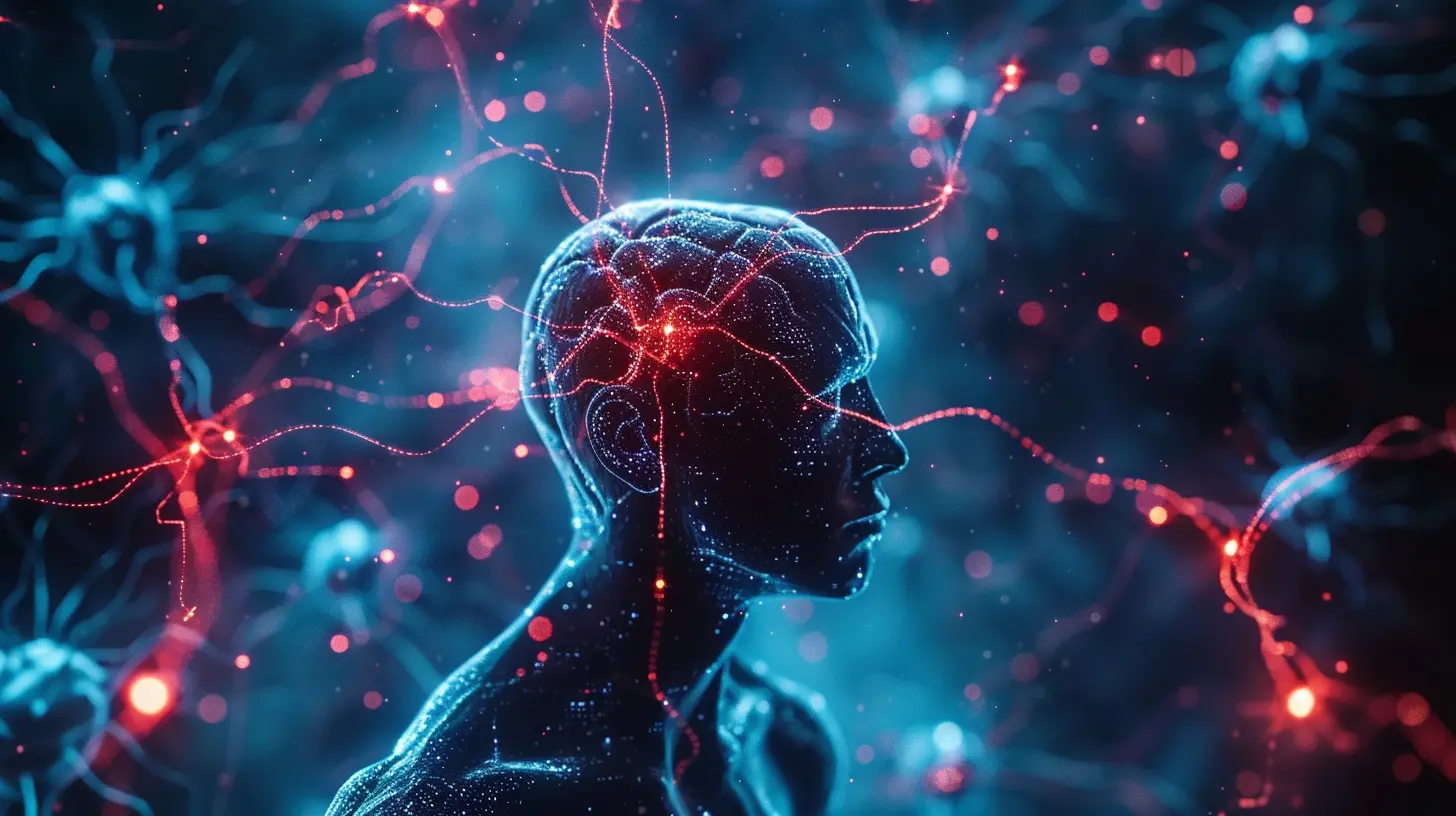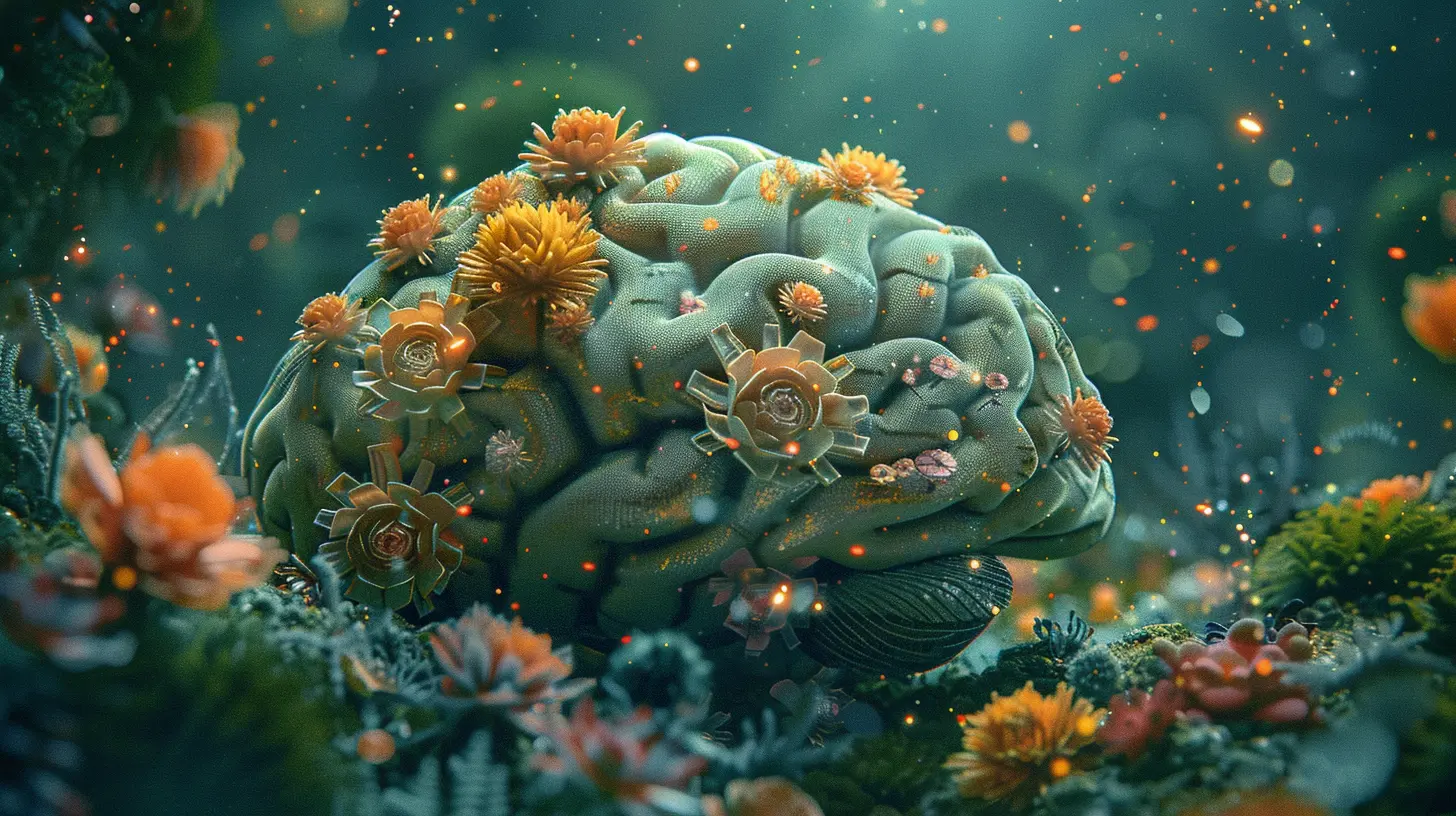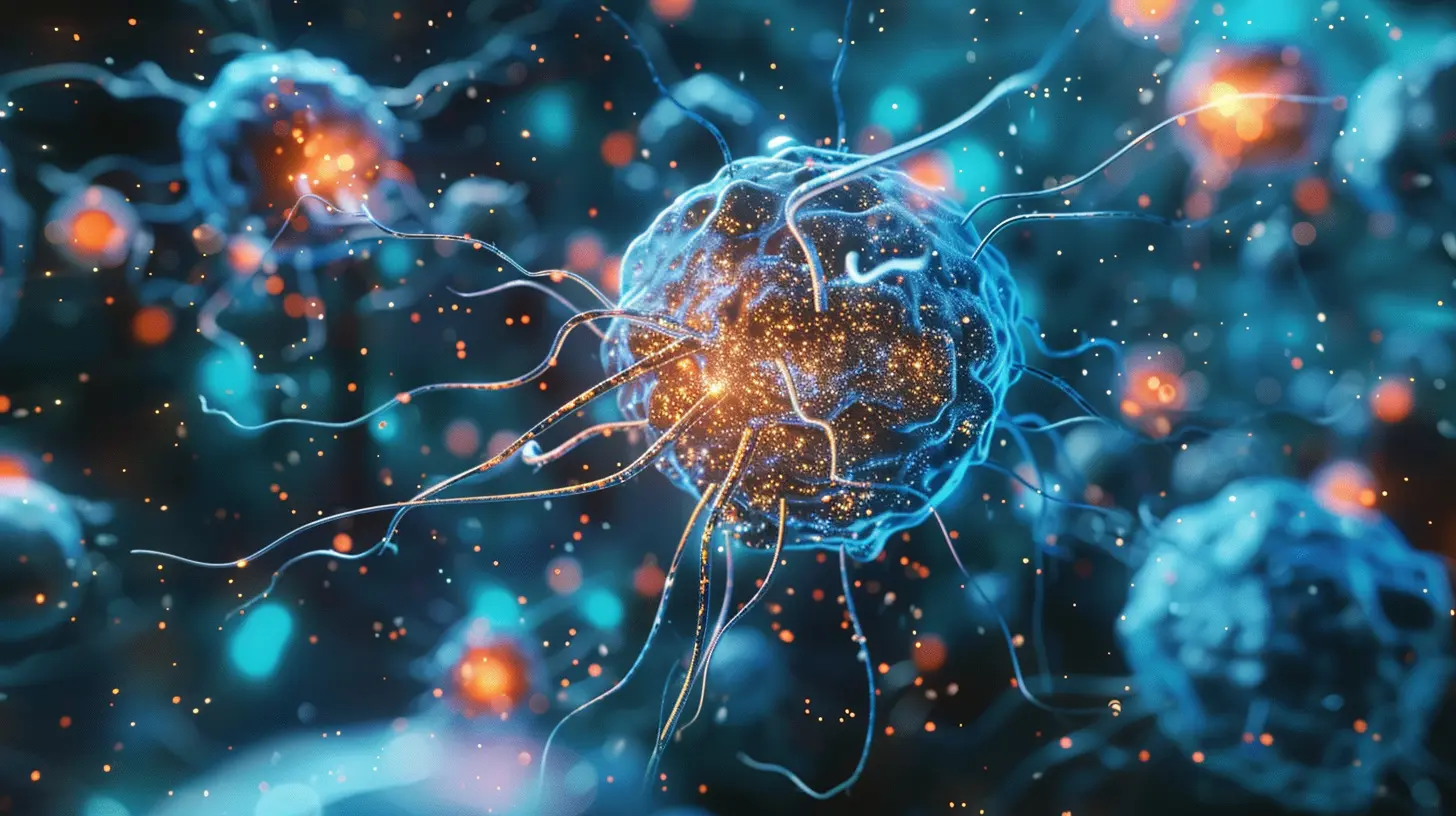How Neurotransmitters Influence Sleep-Wake Cycles
15 September 2025
Ever wondered why you can be wide awake one moment and then suddenly feel like you’ve been hit by a truck of exhaustion the next? That’s your sleep-wake cycle doing its thing. And running the show behind the scenes? Neurotransmitters—those tiny chemical messengers in your brain.
These little guys dictate whether you’re up and buzzing or snoozing away in dreamland. But how exactly do they work? And why do they sometimes go rogue, leaving us tossing and turning all night? Buckle up, because we’re about to dive into the fascinating world of neurotransmitters and sleep! 
The Sleep-Wake Cycle: Your Brain’s 24/7 Manager
Before we get into the nitty-gritty of neurotransmitters, let’s talk about the sleep-wake cycle. Your body runs on an internal clock called the circadian rhythm. It’s like a built-in alarm system that tells you when to be awake and when to hit the sack.This rhythm is controlled by different parts of your brain, primarily the hypothalamus, which acts like mission control for sleep and wakefulness. But it doesn’t work alone—it depends on neurotransmitters to send the right signals at the right time. 
Meet the Neurotransmitters Running the Sleep Show
Neurotransmitters are the chemical messengers that shuttle signals between neurons in the brain. Some of them keep you awake and alert, while others calm things down and prepare you for sleep. Let’s meet the key players:1. Dopamine: The Energizer Bunny
Dopamine is often called the “feel-good” neurotransmitter, but did you know it also plays a role in wakefulness? It keeps your brain engaged and alert. When dopamine levels are high, you feel motivated and sharp—perfect for when you need to power through a workday.But too much dopamine can be a problem. Ever had one of those nights where your brain just won’t shut up? An excess of dopamine can make it difficult to relax, leading to insomnia or restless sleep.
Fun fact: This is why stimulant medications, which boost dopamine, can cause sleep problems if taken too late in the day!
2. Serotonin: The Sleep Architect
Serotonin is like the interior designer of sleep—it helps set the mood. It regulates mood, relaxation, and, most importantly, it’s a precursor to melatonin, the hormone that makes you sleepy as night falls.Higher levels of serotonin in the evening signal that it’s time to wind down. However, too little serotonin can lead to sleep disturbances, including insomnia and fragmented sleep. This is why people with depression, which is often linked to low serotonin, can struggle with sleep issues.
Pro tip: Sunlight helps boost serotonin levels, which is why getting some daylight exposure during the day can help regulate your sleep-wake cycle.
3. GABA: The Chill Master
GABA (gamma-aminobutyric acid) is the brain’s primary inhibitory neurotransmitter. In simple terms? It tells your brain to calm the heck down.When GABA floods your brain at night, it slows things down, reducing neural activity and making you feel relaxed. This is why anti-anxiety medications and sleeping pills often work by enhancing GABA’s effects. Without enough GABA, falling asleep can feel like trying to meditate while stuck in rush-hour traffic.
Interesting tidbit: Alcohol increases GABA activity, which is why it makes you drowsy—but it also disrupts REM sleep, leading to poor-quality rest.
4. Glutamate: The Brain’s Gas Pedal
Glutamate is like that one friend who’s always hyped up, pushing you to be energetic and alert. As the main excitatory neurotransmitter, it keeps your brain active during wakefulness.However, too much glutamate at night can lead to sleep disturbances and even stress-related disorders. Ever experience that wired-but-tired feeling where your body is exhausted, but your brain is buzzing? Glutamate might be to blame.
Pro tip: Meditation and deep breathing exercises can help reduce glutamate levels, making it easier to fall asleep.
5. Acetylcholine: The Dream Weaver
Acetylcholine plays a major role in REM sleep, the dreamy stage where your brain is almost as active as when you’re awake. It helps regulate memory and learning and is essential for proper cognitive function.When you enter REM sleep, acetylcholine levels surge, fueling the vivid dreams that make you question reality. If you don’t get enough REM sleep, you might wake up feeling groggy and forgetful.
Random fact: Nicotine, found in cigarettes, boosts acetylcholine activity, which is why smokers often report more intense dreams!
6. Orexin (Hypocretin): The Sleep Gatekeeper
Orexin (also called hypocretin) is like your body’s security guard, making sure you stay awake and alert when you should. It helps regulate arousal and prevents you from slipping into sleep at random times.A deficiency in orexin is linked to narcolepsy, a disorder where people suddenly fall asleep during the day. On the flip side, too much orexin activity can contribute to insomnia.
Interesting tidbit: Your body naturally suppresses orexin at night to help you fall asleep, but stress and anxiety can keep it active, leading to sleep difficulties. 
What Happens When Neurotransmitters Get Out of Whack?
Neurotransmitters are supposed to work in perfect harmony, but sometimes things get unbalanced. When that happens, sleep disorders like insomnia, hypersomnia, sleep apnea, and restless leg syndrome can creep in.Here are a few ways neurotransmitter imbalances can mess up your sleep:
- Too much dopamine → Racing thoughts, insomnia
- Low serotonin → Depression-linked sleep disturbances
- Insufficient GABA → Trouble relaxing, anxiety-related insomnia
- Excess orexin → Difficulty falling or staying asleep
Understanding how neurotransmitters impact sleep can help pinpoint the underlying causes of sleep problems, leading to more effective solutions. 
How to Support Healthy Neurotransmitter Activity for Better Sleep
If you’re struggling with sleep, tweaking your daily habits can make a big difference. Here are some natural ways to support neurotransmitters and improve your sleep-wake cycle:💤 Get Some Sunlight Every Morning
Morning sunlight boosts serotonin, which later converts into melatonin, setting the stage for restful sleep at night.🍽 Eat for Your Neurotransmitters
Foods rich in tryptophan (like turkey, eggs, and nuts) help your body produce serotonin. Magnesium-rich foods (like spinach and bananas) support GABA activity.🏃 Stay Active (But Not Too Late)
Exercise increases dopamine and serotonin, but working out too close to bedtime can spike glutamate, making it harder to wind down.🧘 Relax Before Bed
Meditation, deep breathing, or even reading a book can help increase GABA and reduce nighttime glutamate levels.🚫 Cut Back on Stimulants
Caffeine and nicotine can block adenosine, a neurotransmitter that promotes sleepiness. Try setting a caffeine curfew in the early afternoon.🛏 Stick to a Sleep Schedule
Going to bed and waking up at the same time every day helps regulate orexin and keeps your circadian rhythm in check.Final Thoughts
Your sleep-wake cycle isn’t just about counting sheep—it’s controlled by a complex network of neurotransmitters working together (or sometimes against each other). From dopamine keeping you alert to GABA shutting things down, these tiny chemical messengers dictate whether you’re energized or exhausted.If you’ve been struggling with sleep, consider how your daily habits might be affecting your neurotransmitters. A few small adjustments could be the key to finally getting that restful, uninterrupted sleep you’ve been dreaming of.
So, what’s your sleep like lately? If it’s all over the place, it might be time to listen to what your neurotransmitters are trying to tell you!
all images in this post were generated using AI tools
Category:
NeuroscienceAuthor:

Eliana Burton
Discussion
rate this article
1 comments
Dorothy McKenzie
Fascinating insights! Sleep science is truly uplifting!
October 1, 2025 at 4:07 PM

Eliana Burton
Thank you! I'm glad you found it fascinating. Sleep science truly reveals so much about our well-being!


